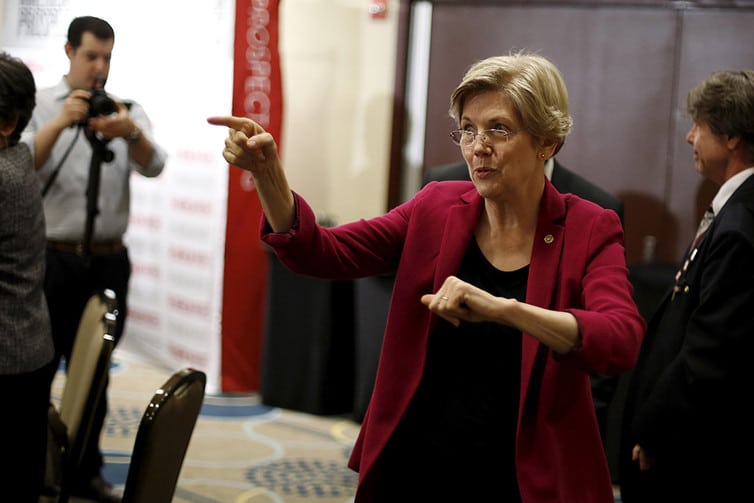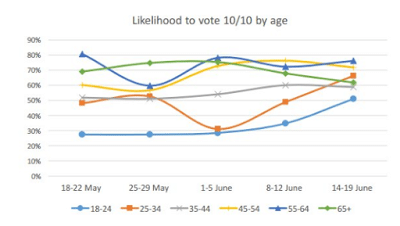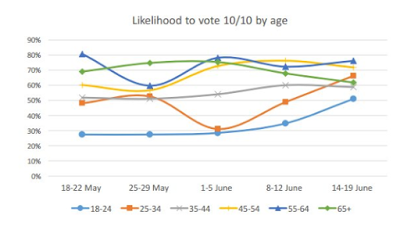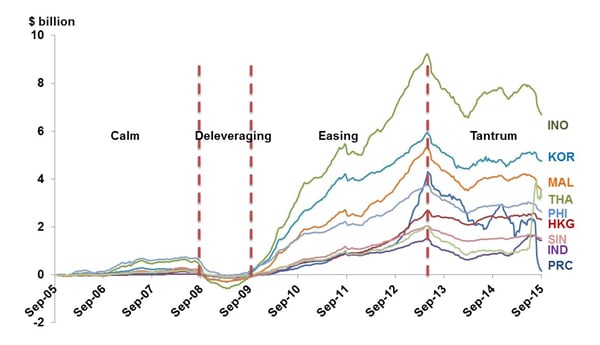In Asia, Gender Quotas Were Supposed to Help Female Politicians
In January 2016, Tsai Ing-wen made history after being elected as Taiwan’s first female president. Several women before her such as Park Geun-hye in South Korea, Ying-luck Shinawatra in Thailand and Aung San Suu Kyi in Myanmar have all risen to top political leadership in recent years. With these high-profile female politicians featured in the media, it may appear that the political glass ceiling has been shattered in East Asia.









